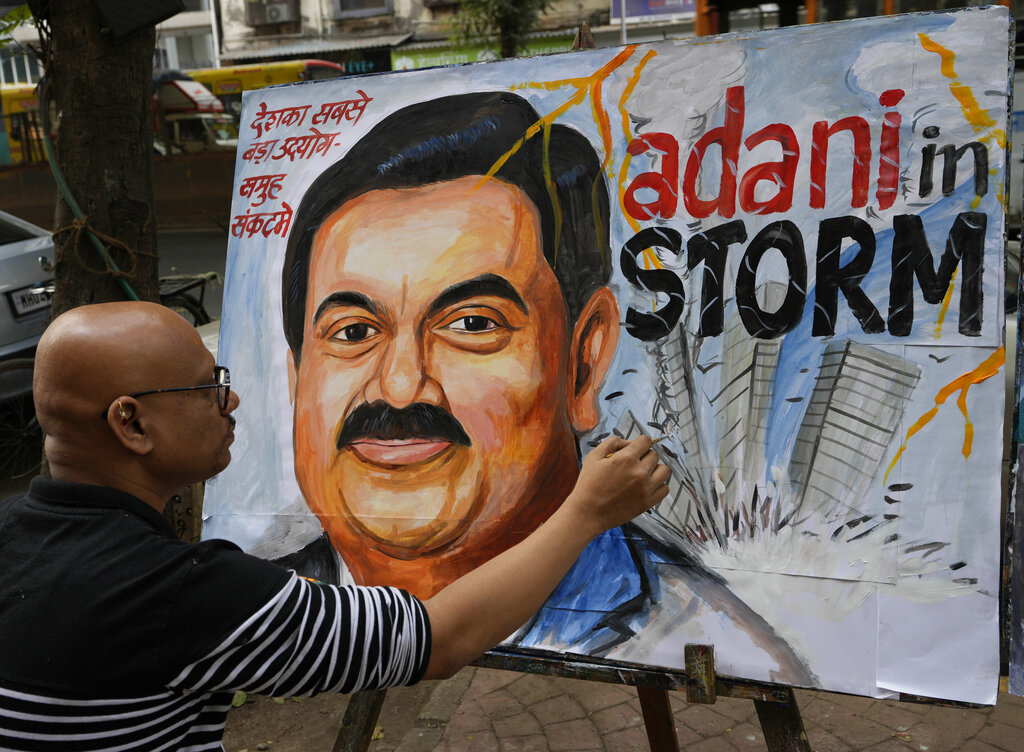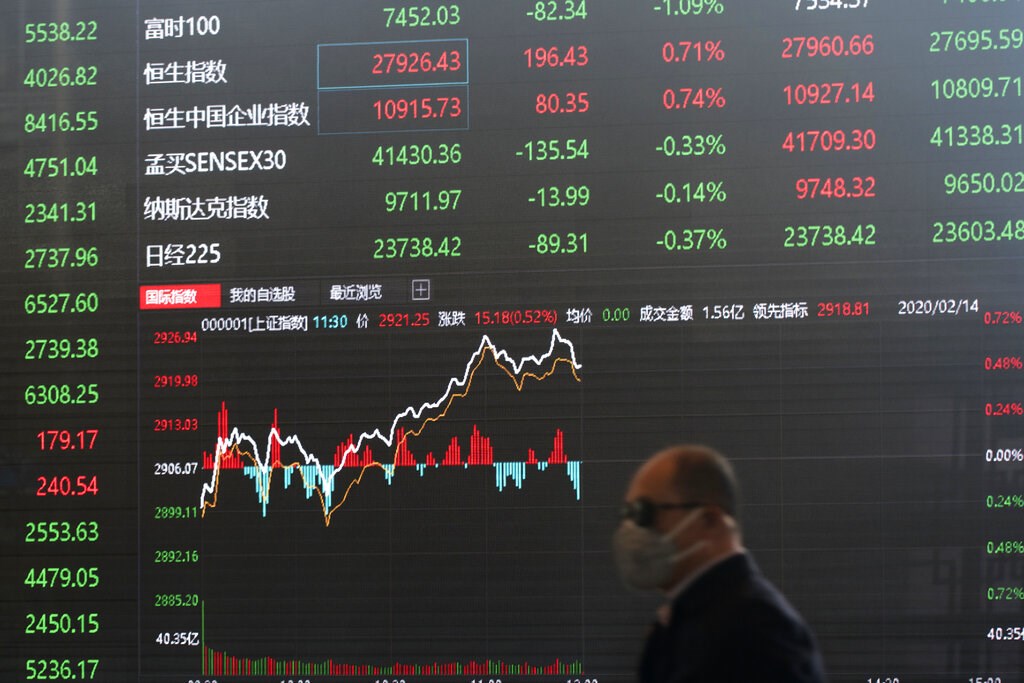
Following the Hindenburg Research’s fraud allegations, seven listed Adani Group companies have collectively lost more than US$ 100 billion in market capitalization and individual stocks have plunged between 30% and 65%. This could impact funds with large bets in Adani and its subsidiaries, especially passive strategies.
Ramanand Kothari, senior manager research analyst at Morningstar, says: “Very few active managers have held exposure to Adani stocks, primarily because of discomfort around the group’s leverage position & high valuations.” According to him, none of the Morningstar-covered Indian equity funds – both onshore and offshore – have exposure to the companies.
“Adani stocks are mostly held by ETFs and index funds. Given the incident is still fresh and the situation is very fluid, most active managers provide holdings monthly, so it would be very difficult to gauge what the managers are doing with Adani stocks if they own them,” adds Kothari.
Because of the steep gains registered in Adani stocks before the Hindenburg report, they have grown to a size that was included in market cap-based benchmark indices widely tracked by ETFs. However, now as the prices slide, Kothari warns that a potential exclusion of Adani stocks from market cap-weighted indices could further exacerbate stock selling as index and passive funds would need to rebalance these positions.
Which Funds Hold Adani’s Stocks?
The ownership of Adani Group by mutual funds and ETFs globally amounts to US$ 8 billion at the end of 2022 and comes largely from passively-managed index funds and exchange-traded funds.
In Hong Kong and Singapore, holdings in Adani shares appear in a range of different categories, from global emerging markets equity to allocation. Among them, Morningstar data show that a total of nine funds own their shares.
The biggest funds in assets under management that have exposure to Adani stocks are Amundi IS MSCI Emerging Markets and Dimensional World Equity, with respective exposure of 0.9% and 0.06%.
In terms of the weightiest bet, GS EM Core Equity Base owns 3.44% of Adani companies, around 1% of assets each in Adani Enterprises, Adani Ports & Special Econ, and Adani Power.
Dimensional World Allocation 60/40 owns five of the Adani stocks, though the portfolio weight representation totals 0.01%. DWS India Eq invests 2.17% of its US$ 85 million assets in Adani stocks. According to Morningstar Direct, the exposure is in Adani Green Energy only.
Globally, Fonditalia owns the most assets out of the fund in Adani stocks or 4.27% of assets. Comgest Growth India closely follows with a 4.25% weight.
In terms of market value iShares Global Clean Energy ETF tops the chart with US$97.0 million invested in Adani Green Energy, which represents 1.59% in the US$ 5.3 billion index fund. Three other passively-managed strategies are also on the top, with total invested assets ranging between US$ 53.6 million and US$ 81 million.
How Will This Event Impact the Indian Equity Market?
The Indian equities held up quite well amid the global downdraft and such outperformance has already triggered profit-taking by overseas institutional investors. Kothari does not think the Adani incident will hamper foreign investors’ confidence in Indian stocks, as investors’ attention will continue to be on the market’s strong fundamentals and growth potential.
“Fundamentally speaking, this is a one-off incident. In fact, Indian markets remain resilient despite the Adani chaos. We are observing that the market has separated itself while the Adani stocks continue to see intense selling,” says Kothari.
He continues: “Over the longer term, India continues to remain an attractive market for global investors given the robust growth story but may witness some tempering of foreign flows over the short term given the relative valuation attractiveness of other emerging markets. Domestic flows into the equity markets remain quite strong, driven by retail investors.”
All charts in this article show the aggregate portfolio holding of Adani Enterprises, Adani Green Energy, Adani Ports & Special Econ, Adani Power, Adani Total Gas, Adani Transmission, and Adani Wilmar.









.png)





.jpg)





